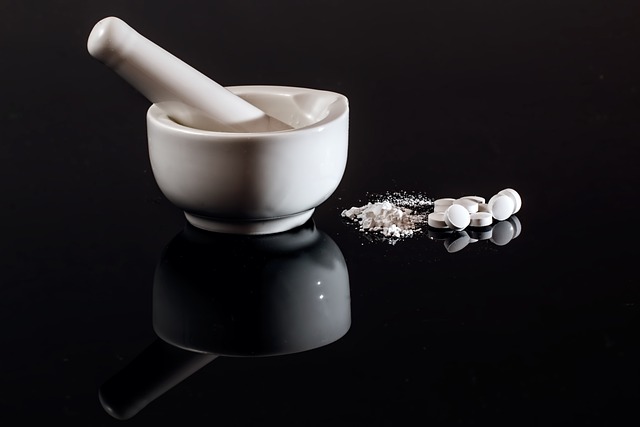From my America Out Loud Pulse podcast with Richard Amerling, MD – https://www.americaoutloud.news/do-we-really-need-to-take-so-many-pharmaceuticals-richard-amerling-md/#
The second opinion is—or should be—a staple of medicine. Second opinions can help you make better decisions about your health. In one large national survey, one-fifth of patients who saw a doctor in the past year sought a second opinion. According to one study, a second opinion affected treatment plans for 37 percent of patients and changed diagnoses for almost 15 percent.
And why should you get as second opinion? Sometimes your insurer requires one, especially for surgery or expensive treatments. I doubt they are looking out for you. They are likely making sure they can save a few bucks. If you have an unclear diagnosis or want an expert on your condition, you should definitely talk to another physician. It may turn out that the recommendations are the same. If you are still uncomfortable, get a third opinion.
One very important reason for getting a second opinion is that your current treatment is not working, is risky, and/or you have major side effects. You may wonder if such drastic treatment is actually necessary. On the flip side, always get a second opinion if your doctor tells you that you have no options. And remember to ask if waiting is an option.
I have a few personal rules about treatment. The doctor is not always right. In a trusting relationship, your doctor will welcome your questions and offer that you get another opinion. He or she will not be insulted if you ask whether the treatment is really necessary. Never feel rushed unless a real emergency. It’s your body; the final choice is up to you.
One of the things I can thank Covid for is that it exposed the flaws in the “follow the science” mantra. It got many doctors asking, whose science? Does anybody really have the last word in how to treat patients? Remember statins, low fat diets and countless other differing and changing opinions in medicine?
Unfortunately, during Covid, many doctors were whipped into submission by fear and intimidation. But standing your ground works. Physicians filed lawsuits against California’s AB 2098 (Sec. 2270 of Business and Professions Code). This was the “misinformation” law that threatened physicians with the loss of their licenses if they disagreed with the official “scientific consensus” on Covid-19. Then magically, this Covid misinformation law was quietly repealed by a late amendment provision (sec. 19) to Senate Bill 815.
In today’s episode, my guest and I will talk about medical opinions, medical consensus, and your overall health.
Bio
Dr. Richard Amerling is a board-certified internist/nephrologist with over 35 years of clinical experience, mostly in New York City. In 2016, he took a position at St. George’s University and taught there until July 2021, when he refused the Covid vaccine. Dr. Amerling is Past-President of the Association of American Physicians and Surgeons.



